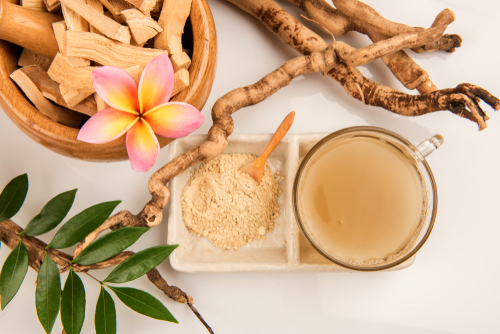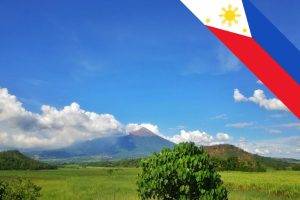People in Southeast Asia have been using traditional Malay medicine for centuries to treat various health conditions. It is an ancient practice that has stood the test of time. One of the most popular remedies in Malay medicine is Tongkat Ali, a plant native to Malaysia, Thailand, and Indonesia. Malay medicine has used a variety of other herbs and natural ingredients for medicinal purposes for centuries, in addition to Tongkat Ali.
Tongkat Ali, also known as Eurycoma longifolia, is a plant native to Malaysia, Thailand, and Indonesia. Traditional Malay medicine has used the roots of this plant as an aphrodisiac, energy booster, and treatment for various health conditions such as fever, malaria, and high blood pressure.
Research has shown that Tongkat Ali contains several bioactive compounds, including quassinoids, alkaloids, and phenolics, that have potential health benefits. Studies have suggested that Tongkat Ali may improve male fertility, boost testosterone levels, reduce stress and anxiety, and improve overall physical and mental performance.
Traditional Malay medicine has used a variety of other herbs and natural ingredients aside from Tongkat Ali, for medicinal purposes for centuries. Malay medicine practitioners commonly use the following ingredients in their treatments:
Other Common Ingredients
Kacip Fatimah
Kacip Fatimah is a herb traditionally used as a postpartum tonic for women. Believers think that it can tone and strengthen the uterus and enhance overall reproductive health. In addition to postpartum care, Kacip Fatimah is also used to improve libido, relieve menstrual cramps, and alleviate menopausal symptoms.
Misai Kucing
Misai Kucing, also known as Cat’s Whiskers, is a herb traditionally used to treat diabetes and kidney problems. Many people believe that it has diuretic properties that can help lower blood sugar levels and improve kidney function. People also use Misai Kucing to treat urinary tract infections and promote overall urinary tract health.
Pegaga
Pegaga, also known as Centella Asiatica, is a herb traditionally used to improve cognitive function and memory. It also promotes wound healing and reduces inflammation. Many people believe that Pegaga has antioxidant properties that can help protect the brain from oxidative damage and improve overall brain function.
Daun Kaduk
Daun Kaduk, also known as Wild Betel Leaf, is a herb traditionally used to treat digestive issues. They include stomach pain and diarrhoea. It also reduces inflammation and promotes wound healing. Many people believe that Daun Kaduk has antibacterial properties that can help fight harmful bacteria and promote overall gut health.
Conclusion
Traditional Malay medicine has been in use for centuries and has shown potential health benefits. However, we must note that scientific research on these herbs and natural ingredients remains limited. As with any herbal remedy or supplement, it is important to consult with a healthcare professional before use, particularly if you have any preexisting medical conditions or are taking medication. Nevertheless, if used responsibly and in consultation with healthcare professionals, these herbs and natural ingredients in Malay medicine may provide a complementary approach to improving overall health and well-being.














